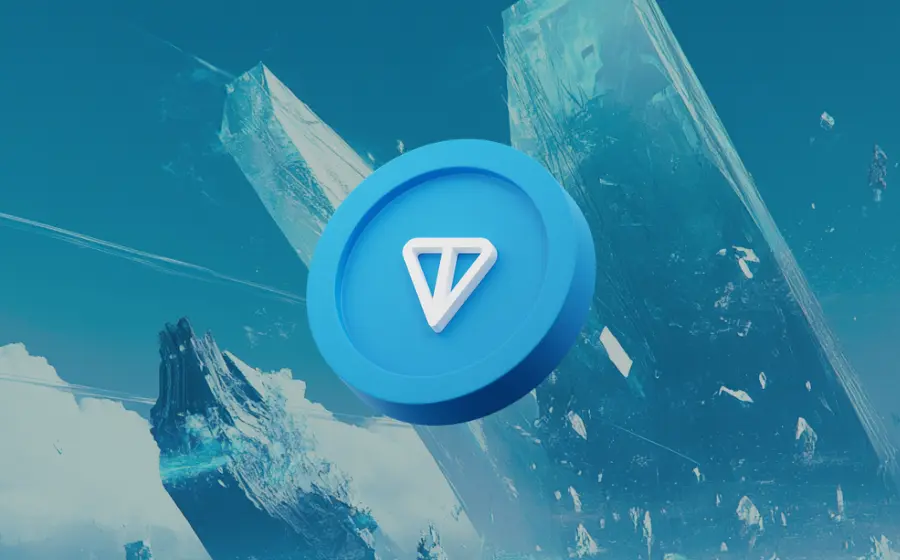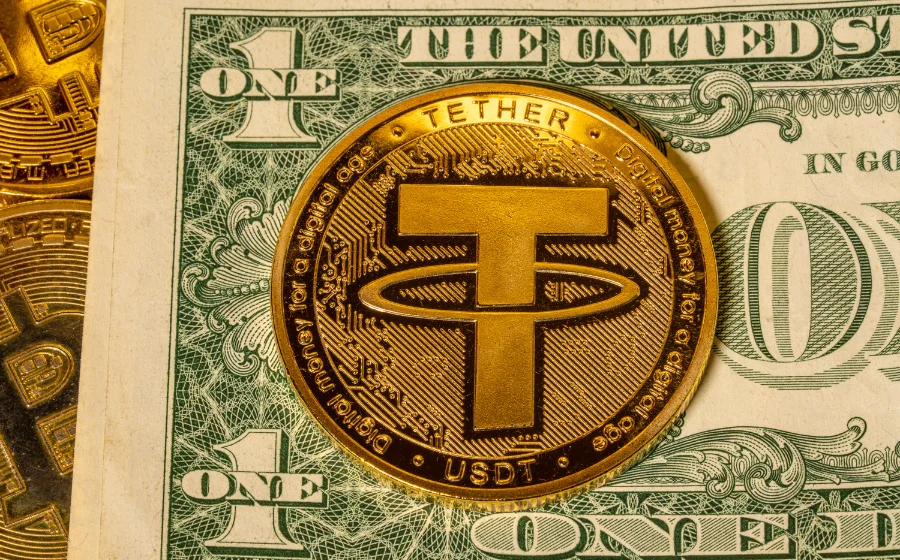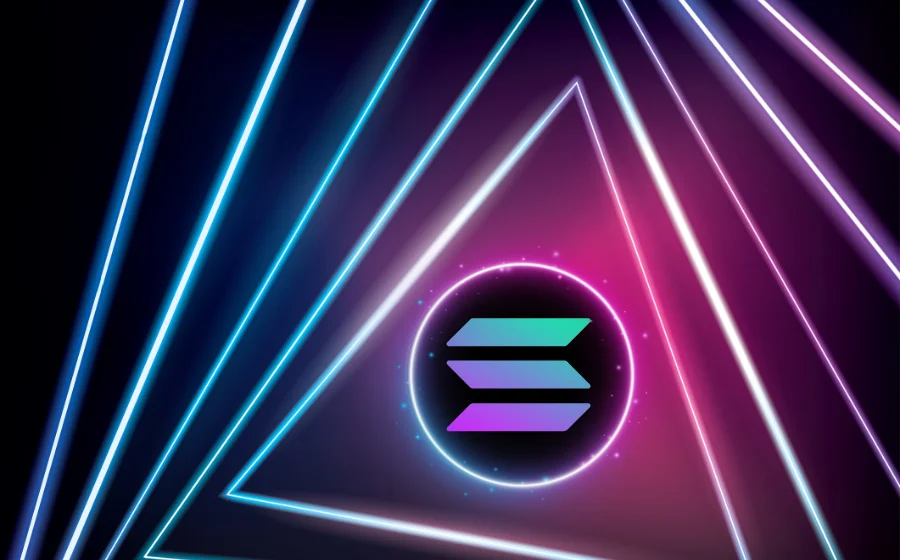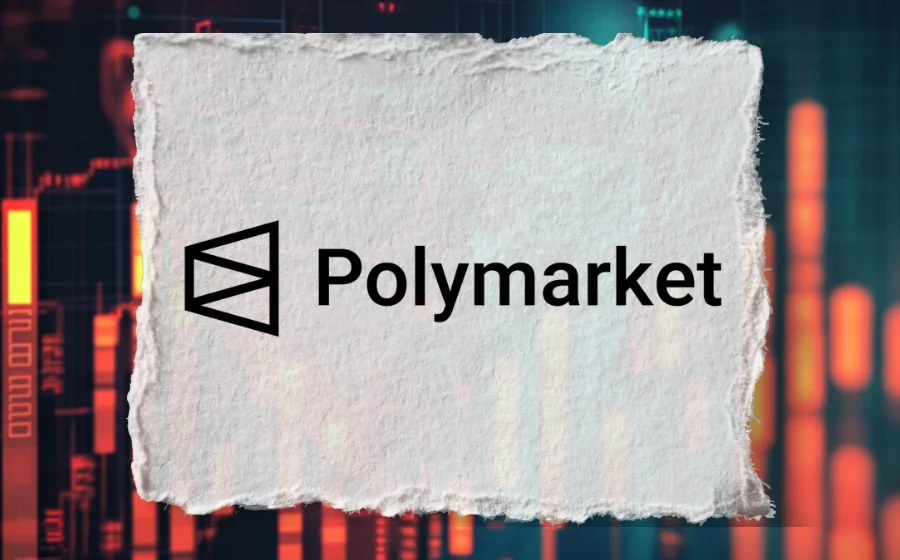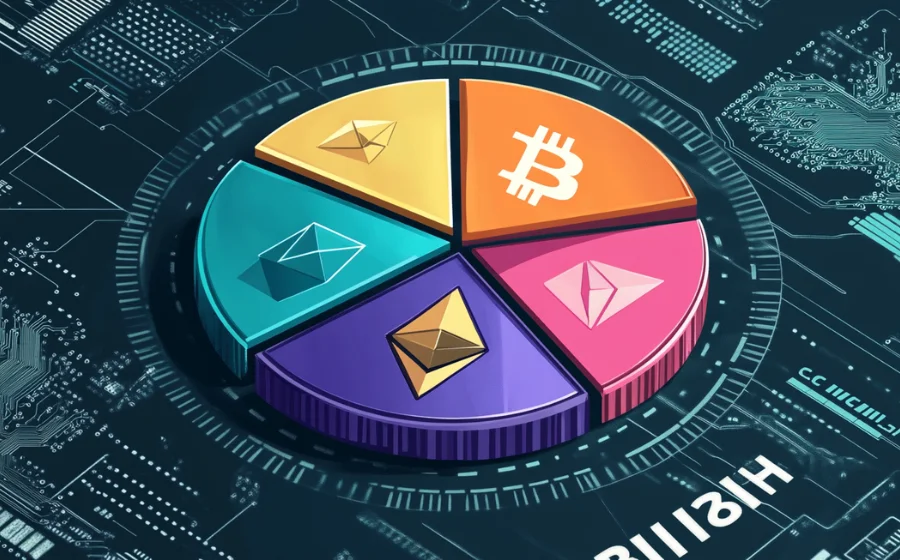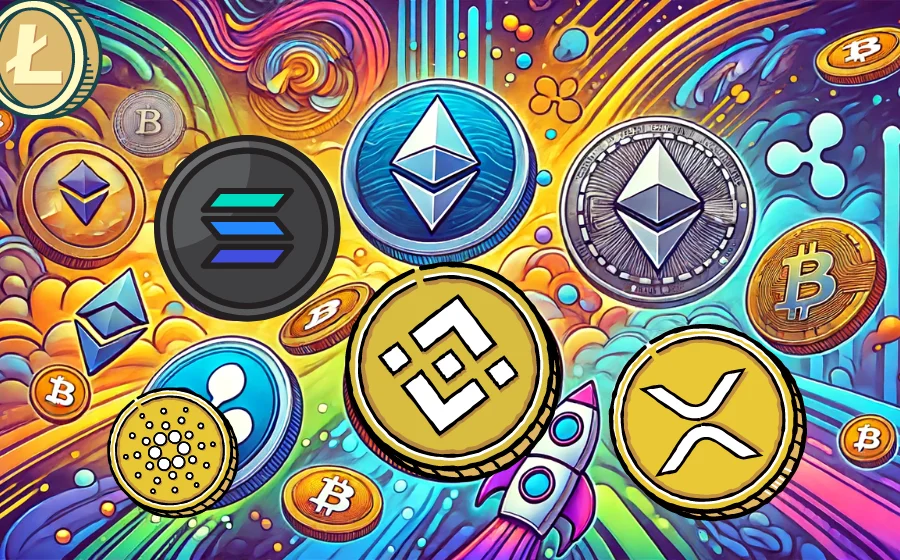
KEYTAKEAWAYS
- Autonomy: Smart contracts run automatically on the blockchain without human intervention, ensuring transparency and trust.
- Self-Sufficiency: They control resources autonomously, managing funds and assets without intermediaries, reducing costs.
- Decentralization: Operate through distributed nodes, eliminating the need for centralized servers, enhancing security and reliability.

CONTENT
Smart contracts, introduced by Ethereum in 2015, are self-executing contracts with terms written in code. They offer autonomy, self-sufficiency, and decentralization, revolutionizing various industries.
WHAT ARE SMART CONTRACTS?
In 2015, Vitalik Buterin, the founder of Ethereum, introduced smart contracts, which run on the Ethereum platform. To this day, Ethereum remains the most widely used blockchain for smart contracts.
The book “Blockchain: A New Ledger for Future Society” also points out that smart contracts must include three essential elements:
- The Three Elements of Smart Contracts:
- Autonomy
Once a smart contract is initiated, it runs automatically without any human intervention.
- Self-sufficiency
Smart contracts can autonomously control the resources involved in their computations, such as having the authority to manage the funds and assets of the contract parties.
- Decentralization
They operate automatically through distributed nodes, eliminating the need for a centralized server.
A smart contract is an automated agreement embedded in a blockchain, where the terms of the agreement between the buyer and seller are written into the code. These codes and agreements operate within the blockchain network, controlled by the code itself, making transactions traceable and irreversible.
Smart contracts are designed to facilitate trusted transactions and agreements between anonymous parties without the need for a central authority, legal system, or external enforcement mechanism. While blockchain technology was initially developed to support Bitcoin, its applications have since expanded to many other fields. The emergence and development of smart contracts represent a significant milestone in the advancement of blockchain technology, bringing revolutionary changes to industries such as finance, supply chain, and law.
>>> More to read : What Is Ethereum & How Does It Work?
HOW DO SMART CONTRACTS WORK?
A smart contract consists of three key elements:
- Contract Address – A unique location on the blockchain where the contract is stored.
- Code – The logic of the contract, typically written in programming languages such as Solidity or Rust.
- Blockchain Nodes – The network participants who verify and record the contract’s execution on the blockchain.
Execution on the Blockchain
Once deployed, a smart contract operates autonomously on the blockchain. The conditions written in the code dictate when the contract is executed. When a condition (such as sending a cryptocurrency payment) is met, the contract automatically performs the agreed-upon action, like transferring assets or releasing funds. This decentralized approach ensures the integrity of the contract, as all participants can verify the transactions.
SMART CONTRACTS & BLOCKCHAIN
The concept of smart contracts is fundamentally based on blockchain technology, which involves running the terms of an agreement between parties in code form on a blockchain and storing it in a public database. Once stored, these contracts cannot be altered, ensuring security and trustworthiness.
A blockchain is a decentralized network composed of an increasing number of records (blocks) that are cryptographically linked. Unlike traditional databases that have a single central point, data stored on a blockchain is shared among all the computers in the network. This distribution makes the network less susceptible to failures or attacks.
Transactions within smart contracts are processed by the blockchain, meaning they can be executed automatically without third-party intervention. These transactions occur only when the conditions of the agreement are met, making them fully decentralized.
- Decentralized Applications (Dapps)
Ethereum refers to applications based on smart contracts as decentralized applications (Dapps). Smart contracts serve as the bridge between Dapps and the blockchain. Dapps are similar to the applications (APPs) we commonly use but are decentralized.
1. APP: Typically consists of a front-end interface and a centralized server.
2. Dapp: Consists of a front-end interface and decentralized smart contracts, eliminating the need for a server since they are hosted on the blockchain.
In essence, Ethereum can be likened to an operating system, and Dapps are the applications installed on this system. These applications possess characteristics such as decentralization, immutability, and transparency, making them more secure than traditional centralized applications (APPs).
>>> More to read : Crypto Trading Strategies for Beginners
SMART CONTRACTS VS TRADITIONAL CONTRACTS
- Traditional Contracts:
- Signing Method: Parties cooperate to sign a contract, which exists in paper or digital document form.
- Obligation Fulfillment: Parties agree to perform or refrain from certain actions in exchange for something, requiring mutual trust and fulfillment of obligations.
- Third-Party Involvement: If one party breaches the terms, a third-party enforcement agency must intervene to ensure the contract is upheld.
- Smart Contracts:
- Signing Method: Parties sign the contract online, and the contract operates as code on the blockchain, stored in a public database, making it immutable.
- Obligation Fulfillment: Parties agree to perform or refrain from certain actions in exchange for something without needing to trust each other, as the contract terms are automatically enforced, transparent, and unalterable.
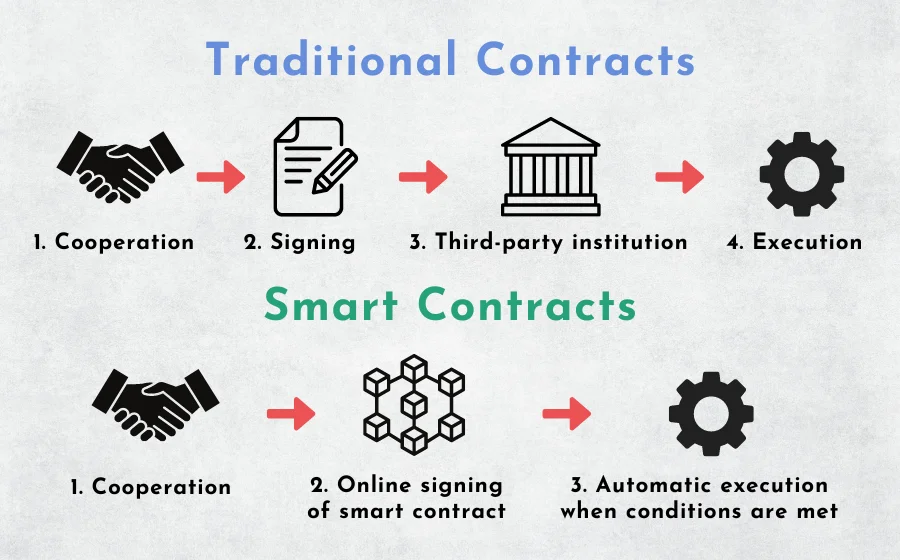
(Source: CoinRank)
ADVANTAGES AND RISKS OF SMART CONTRACTS
- Advantages of Smart Contracts
- No Third-Party Involvement:
Smart contracts run on the blockchain without the need for third-party intermediaries, ensuring transparency. Transaction records are shared on the blockchain and cannot be altered.
- Efficiency and Cost Savings:
By eliminating intermediary involvement, smart contracts can save significant costs and offer high speed, efficiency, and accuracy.
- High Security:
Each block is linked to previous and subsequent records on the blockchain, making it difficult for hackers to tamper with the data.
- Risks of Smart Contracts
- Inadequate Specification:
If the specifications of a smart contract are not precise enough, developers may misunderstand the requirements, leading to outcomes that do not meet user expectations. Future development of professional smart contract auditing tools could help minimize errors.
- Contract Vulnerabilities:
A classic example is the 2016 DAO incident, where a flaw in the DAO’s smart contract allowed hackers to transfer a large amount of funds to their accounts. Developing security auditing tools for smart contracts is crucial to prevent such issues.
- Legal Challenges:
Smart contracts face numerous legal challenges, such as addressing scenarios where hackers exploit code vulnerabilities to steal assets. Legal frameworks need to evolve to address these challenges.
- Cryptocurrency Risks:
Smart contracts typically facilitate the transfer of digital assets or cryptocurrencies, exposing users to the inherent risks of cryptocurrency transactions.
>>> More to read : What is Crypto Options Trading & Understanding How It Works
TOP 5 SMART CONTRACT PLATFORMS
As smart contracts become more prominent, certain blockchain platforms have emerged as leaders in providing robust environments for their development. Below are the top 5 platforms driving smart contract innovation:
1. Ethereum
Ethereum is the pioneering platform for smart contracts and remains the most widely used blockchain for decentralized applications (DApps). It supports smart contracts through its native language, Solidity. Despite concerns about scalability and high gas fees, Ethereum’s large developer community and vast ecosystem keep it at the forefront of smart contract innovation.
2. Binance Smart Chain (BSC)
Binance Smart Chain offers a lower-fee, faster alternative to Ethereum. Built on the Ethereum Virtual Machine (EVM), BSC allows developers to seamlessly transition from Ethereum while benefiting from lower costs and quicker transactions. It has gained popularity in decentralized finance (DeFi) and decentralized exchanges (DEXs).
3. Solana
Known for its scalability and high throughput, Solana is one of the fastest smart contract platforms. It supports smart contracts written in Rust and has attracted developers in DeFi and NFTs. Solana’s parallel processing capabilities make it ideal for high-performance decentralized applications.
4. Cardano
Cardano distinguishes itself with a research-based approach to blockchain technology. Its focus on security and scalability is reflected in its use of the Haskell programming language for writing smart contracts. Cardano’s methodical development and focus on formal verification make it a strong option for developers prioritizing security.
5. Polkadot
Polkadot is a multi-chain platform that enables cross-chain communication and smart contract deployment on parachains. Its unique architecture allows for interoperability between different blockchains, making it a scalable and flexible option for developers looking to build across multiple ecosystems.
FAQ
- What are Smart Contracts ?
Smart contracts are special protocols used for drafting agreements within blockchain technology. These are self-executing contracts where the terms of the agreement between parties are written into code.
▶ Buy Crypto at Bitget
ꚰ CoinRank x Bitget – Sign up & Trade to get $20!
Looking for the latest scoop and cool insights from CoinRank? Hit up our Twitter and stay in the loop with all our fresh stories!

